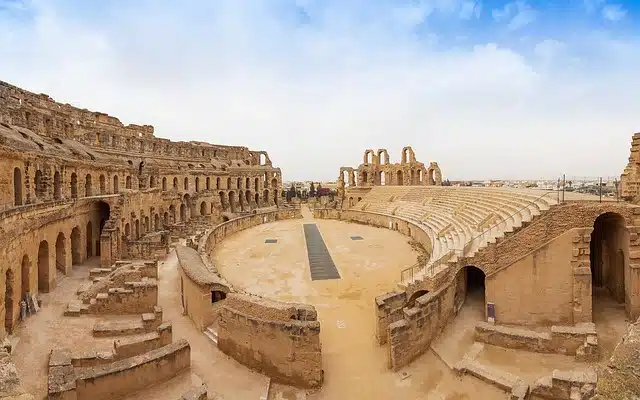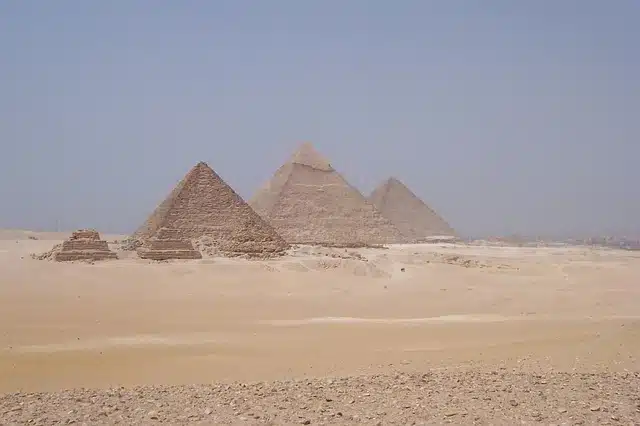
The Ancient Age began with the development of the first civilizations and extended until the fall of the Roman Empire in the West.
With etymological origin in the Latin word aetas , age can refer to different issues. In this case, we are going to take its meaning as each of the periods into which human history can be divided. Ancient , on the other hand, is something that developed a long time ago or has existed for a long time.
In this context, the period that begins with the emergence of the first civilizations and extends until the fall of the Roman Empire in the Western world (476 AD) is called the Ancient Age . It is, therefore, the first historical age, arising after the end of prehistory .
Development of the Ancient Age
Although there are different positions, it is common to link the beginning of the Ancient Age to the emergence of urban life , organized religions and political power . In ancient times taxes also arose and trade intensified. The invention of writing , on the other hand, was another key aspect in the ending of prehistory and the beginning of history .
Writing is not only important because it allows us to express ourselves artistically and share ideas or news with the rest of the world, but it also helps us record our experiences as a species, so that future generations can come closer to us and learn, both from our mistakes as well as our achievements. This is why the Ancient Age was the first on which humans were able to carry out a fairly precise historiography, based on the numerous documents that describe various historical facts, beliefs and customs.

In ancient times, a great development of the Egyptian people was recorded.
Mesopotamia
In ancient times there was a civilization that developed in Mesopotamia , which settled between the Euphrates and Trigris rivers, on the Asian continent. Its political organization varied between the two regions that comprised it, Upper and Lower Mesopotamia: while in the first unification was prioritized, in the second division reigned. This town was a pioneer in the development of writing, along with Egypt. Historians consider it the cradle of civilization , because the foundations of organized political and social forms were laid there.
The ancient Egyptians not only made important contributions to the birth of writing but also to the development of architecture. It is a civilization based on the banks of the Nile River that chose monarchy for its political organization and gave great relevance to the priestly class.
The Ancient Age: Greeks and Romans
If we talk about the Ancient Age we cannot leave aside Ancient Greece , considered the cradle of Western culture thanks to its legacy in matters such as art, political organization and philosophy, which even today continues to be of great relevance for the development of our species.
The Roman Empire , for its part, began to emerge around the 8th century BC. C. and reached its peak in the 1st century, during the Julio-Claudian dynasty . Its expansion was unprecedented, although this excessive growth was precisely one of the causes of its subsequent fall.
Historical development
Many experts recognize, in Ancient Age , a specific period called Classical Antiquity , related to the splendor of Greco-Roman civilization (from the 5th century BC to the 2nd century AD ). In these centuries the idea of citizenship was forged, a centralized power (the empire ) was strengthened and the obligatory payment of taxes was extended.
The Ancient Ages were followed by the Middle Ages , also known as the Middle Ages . This period began with the aforementioned fall of the Western Roman Empire and lasted until the middle (fall of the Byzantine Empire) or end (arrival of Christopher Columbus in America) of the 15th century .
